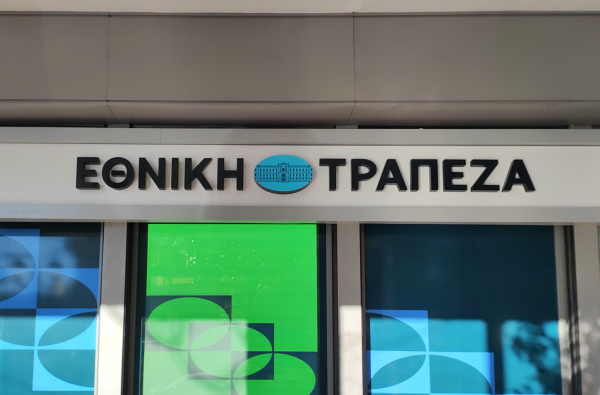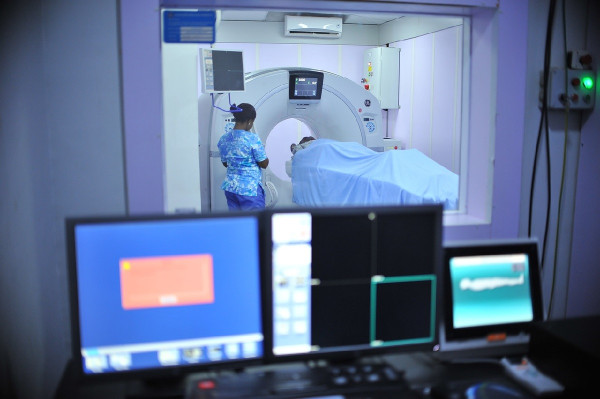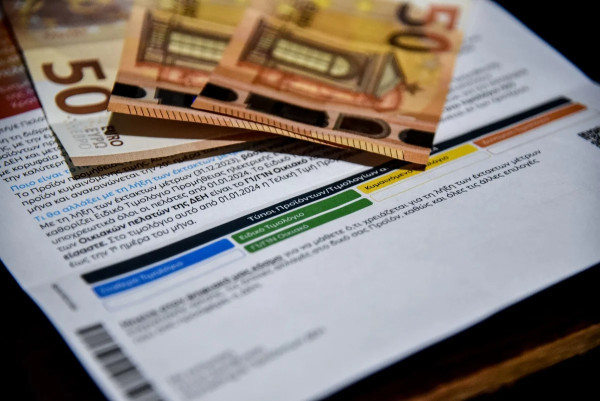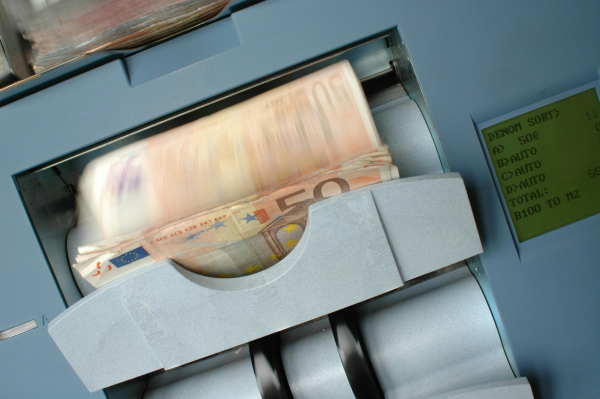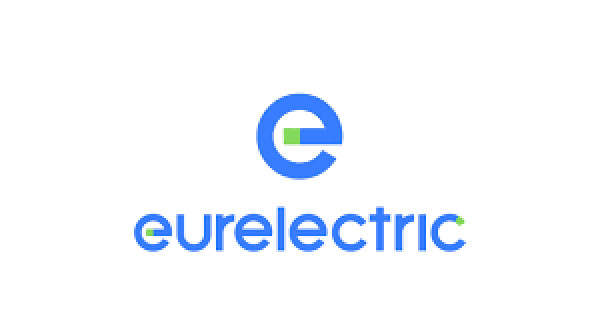In the final quarter of 2024, the disposable income of Greek households and non-profit institutions serving households rose modestly by 1.4% year-on-year, reaching €39.13 billion, up from €38.60 billion in the same period of 2023, according to data released by Greece’s national statistics agency, ELSTAT.
Despite the uptick in income, consumer spending surged at a significantly faster rate. Household final consumption grew by 4.4% compared to the previous year, totaling €40.72 billion in the fourth quarter. The faster pace of spending relative to income led to a notable decline in the household savings rate.
Greece’s household savings rate dropped deeper into negative territory, falling to -4.1% from -1.1% in Q4 2023. This means that, on average, Greek households spent more than they earned during the quarter—either drawing on previous savings or relying on borrowing to make up the difference.
In the business sector, non-financial corporations increased their investments in fixed capital, reaching €4.85 billion in Q4 2024. As a share of gross value added, the investment rate rose to 24.1%, up from 22.9% the year before—suggesting a more aggressive push by businesses to expand capacity and improve long-term productivity.
On the public finance front, Greece recorded a notable turnaround. The general government posted net lending of €1.12 billion in Q4 2024, compared to a nearly balanced position a year earlier (net borrowing of just €0.02 billion).


